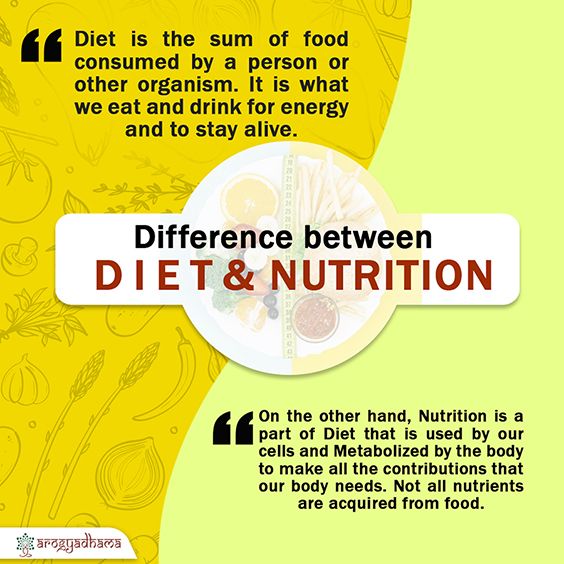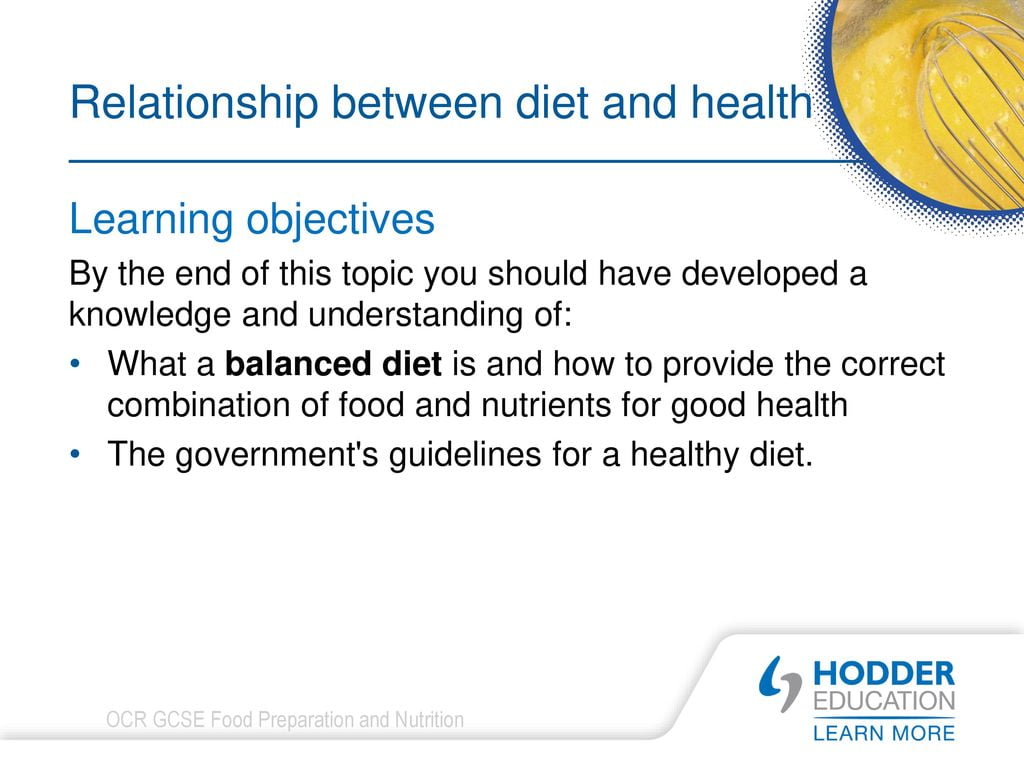If you’ve ever wondered about the connection between your faith and your food choices, you’re not alone. Many people are curious to know, “What does the Bible say about diet and nutrition?” It’s an intriguing question that explores the intersection of spirituality and wellness. In this article, we’ll delve into the biblical teachings surrounding food, uncovering the wisdom and guidance it offers for a healthy and balanced lifestyle.
You might be surprised to discover that the Bible has a lot to say about what we eat and how we nourish our bodies. From the Garden of Eden to the Last Supper, food plays a significant role in the stories and teachings of the Bible. By exploring these passages and extracting their timeless lessons, we can gain valuable insights into the importance of diet and nutrition in our lives. So, let’s embark on this insightful journey together and uncover the biblical perspective on healthy living.

What Does the Bible Say About Diet and Nutrition?
The topic of diet and nutrition is one that has gained significant attention in recent years. With the rise of health-conscious individuals and the growing interest in living a balanced lifestyle, many people are turning to various sources for guidance on what to eat and how to maintain a healthy diet. One such source that holds significant weight for millions of people around the world is the Bible. The Bible, as a spiritual and moral guide, has teachings on various aspects of life, including diet and nutrition. In this article, we will explore what the Bible has to say about diet and nutrition, and how its principles can be applied to our modern lives.
The Importance of Nourishing the Body
The Bible emphasizes the importance of nourishing the body, recognizing it as a temple of the Holy Spirit. In 1 Corinthians 6:19-20, it states, “Do you not know that your bodies are temples of the Holy Spirit, who is in you, whom you have received from God? You are not your own; you were bought at a price. Therefore, honor God with your bodies.” This passage reminds us that our bodies are not our own, but rather, they are gifts from God. As such, we have a responsibility to take care of them and treat them with respect.
Proper nutrition is one way to honor God with our bodies. By nourishing ourselves with wholesome and nutritious foods, we can support our physical health and well-being. The Bible encourages us to eat in a way that promotes health and avoids excess. Proverbs 23:20-21 advises, “Do not join those who drink too much wine or gorge themselves on meat, for drunkards and gluttons become poor, and drowsiness clothes them in rags.” This verse reminds us of the dangers of overindulgence and the importance of moderation in our diet.
The Role of Food in the Bible
Throughout the Bible, food plays a significant role in various stories and teachings. From the Garden of Eden to the miracles of Jesus feeding the multitudes, food serves as a symbol of sustenance, provision, and even spiritual nourishment. In Genesis 1:29, God provides a plant-based diet for Adam and Eve, saying, “I give you every seed-bearing plant on the face of the whole earth and every tree that has fruit with seed in it. They will be yours for food.” This passage suggests that a diet centered around plant-based foods is in alignment with God’s original design for humanity.
However, as the Bible progresses, it recognizes that people have different dietary needs and preferences. In Leviticus, God provides specific guidelines for the Israelites regarding what they can and cannot eat. These guidelines, known as kosher dietary laws, include prohibitions on consuming certain animals and require specific preparations for others. While these laws were specific to the Israelites at the time, they highlight the importance of being intentional and mindful about the foods we consume.
The Principles of Moderation and Self-Control
The Bible teaches the principles of moderation and self-control when it comes to food and drink. Proverbs 25:16 advises, “If you find honey, eat just enough—too much of it, and you will vomit.” This verse reminds us of the importance of balance and not overindulging in any particular food or drink. It encourages us to exercise self-control and make wise choices when it comes to our diet.
Additionally, the Bible warns against the dangers of gluttony and excessive eating. Proverbs 23:2 states, “Put a knife to your throat if you are given to gluttony.” This strong language serves as a reminder that overeating can have negative consequences for our health and well-being. It encourages us to be mindful of our portions and not allow food to become an idol in our lives.
The Blessing of Gratitude
Another important aspect of the Bible’s teachings on diet and nutrition is the practice of gratitude. In 1 Timothy 4:4-5, it states, “For everything God created is good, and nothing is to be rejected if it is received with thanksgiving because it is consecrated by the word of God and prayer.” This passage reminds us that all foods are a gift from God and should be received with gratitude.
By cultivating a spirit of gratitude and thanksgiving, we can approach our meals with a sense of appreciation and mindfulness. This practice can help us develop a healthier relationship with food and avoid the pitfalls of mindless eating or emotional overeating. Taking a moment to express gratitude for the nourishment we receive can enhance our overall well-being and deepen our connection with God.
Applying Biblical Principles to Modern Nutrition
While the Bible does not provide specific dietary guidelines for every individual, it offers principles that can be applied to our modern understanding of nutrition. These principles include moderation, self-control, gratitude, and honoring our bodies as temples of the Holy Spirit. By incorporating these principles into our daily lives, we can make informed choices about the foods we consume and strive for a balanced and nourishing diet.
It is essential to note that the Bible’s teachings on diet and nutrition should be interpreted in conjunction with scientific knowledge and individual circumstances. What works for one person may not work for another, and it is crucial to consider factors such as personal health conditions, cultural practices, and ethical considerations when making dietary choices.
In conclusion, the Bible provides valuable insights into diet and nutrition, emphasizing the importance of nourishing our bodies, practicing moderation and self-control, and cultivating gratitude. By incorporating these principles into our lives, we can make informed and mindful choices about what we eat, ultimately promoting our physical and spiritual well-being. As we navigate the complexities of modern nutrition, let us seek wisdom from the scriptures and strive for a balanced and healthy approach to our diet.
Key Takeaways: What Does the Bible Say About Diet and Nutrition?
- The Bible encourages us to honor our bodies as temples of God and to take care of them.
- God created a variety of foods for us to enjoy, but moderation is key.
- It is important to eat a balanced diet that includes fruits, vegetables, grains, and lean proteins.
- The Bible cautions against gluttony and overindulgence in food.
- Prayer and thanksgiving are essential practices when it comes to our meals.
Frequently Asked Questions
What principles does the Bible teach regarding diet and nutrition?
The Bible does not provide a specific diet plan or list of foods to eat or avoid. However, it does offer principles that can guide our choices regarding diet and nutrition. One important principle is found in 1 Corinthians 10:31, which says, “So whether you eat or drink or whatever you do, do it all for the glory of God.” This reminds us that our food choices should honor God.
Additionally, the Bible encourages moderation and self-control. Proverbs 25:27 advises, “It is not good to eat too much honey.” This verse reminds us to avoid excess and practice moderation in our eating habits. The Bible also teaches the importance of stewardship, including taking care of our bodies. 1 Corinthians 6:19-20 states, “Do you not know that your bodies are temples of the Holy Spirit, who is in you, whom you have received from God? You are not your own; you were bought at a price. Therefore, honor God with your bodies.” This highlights the need to make wise choices that promote good health.
Does the Bible mention any specific dietary restrictions?
Yes, the Bible does mention some specific dietary restrictions, particularly in the Old Testament. Leviticus 11 outlines the laws of kosher food, which include guidelines for what is considered clean and unclean. For example, it prohibits the consumption of certain animals like pigs and shellfish. These dietary restrictions were part of the covenant between God and the Israelites, and they served both practical and symbolic purposes.
However, it’s important to note that in the New Testament, Jesus declared all foods clean (Mark 7:19). This means that Christians are not bound by the dietary laws of the Old Testament. Nevertheless, individual Christians may choose to follow certain dietary restrictions for personal reasons or convictions.
What does the Bible say about gluttony?
The Bible speaks against gluttony, which is the excessive and uncontrolled consumption of food. Proverbs 23:20-21 warns, “Do not join those who drink too much wine or gorge themselves on meat, for drunkards and gluttons become poor, and drowsiness clothes them in rags.” This verse emphasizes the negative consequences of indulging in excess and encourages moderation.
Furthermore, gluttony is listed as one of the works of the flesh in Galatians 5:19-21. It is important to note that the Bible does not condemn eating or enjoying food, but it cautions against the sinful behavior of gluttony. Christians are encouraged to practice self-control and make wise choices in their eating habits.
What does the Bible say about the importance of food and nourishment?
The Bible acknowledges the importance of food and nourishment for our physical well-being. In Genesis 1:29, God provides fruits and plants as food for humans, highlighting the importance of a balanced diet. The Bible also tells stories of miraculous provisions of food, such as the manna in the wilderness and the feeding of the five thousand, demonstrating God’s care for His people’s physical needs.
Moreover, Jesus referred to Himself as the “bread of life” in John 6:35, emphasizing the spiritual nourishment that comes through a relationship with Him. This reminds us that while physical nourishment is important, spiritual nourishment is even more vital. The Bible encourages us to seek a balance between caring for our physical bodies and cultivating our spiritual well-being.
How can Christians approach diet and nutrition in a healthy way?
Christians can approach diet and nutrition in a healthy way by following the principles outlined in the Bible. This includes honoring God with our food choices, practicing moderation and self-control, and stewarding our bodies well. It is important to prioritize overall health rather than pursuing unrealistic or extreme diets.
Christians can also seek guidance from healthcare professionals and nutrition experts to ensure they are making informed choices. Additionally, cultivating a heart of gratitude and thankfulness for the provision of food can help foster a healthy relationship with eating. Ultimately, Christians should remember that our bodies are temples of the Holy Spirit and strive to make choices that promote both physical and spiritual well-being.

What Does God Want Us To Eat? | Q&A 54: Bible Diet For Health
Final Thoughts on What the Bible Says About Diet and Nutrition
As we’ve explored the topic of what the Bible says about diet and nutrition, it’s clear that there are valuable insights and principles that can guide us in making healthy choices. The Bible emphasizes the importance of nourishing our bodies, as they are temples of the Holy Spirit. It encourages moderation, self-control, and gratitude for the abundance of food we have been blessed with. While the Bible does not provide a specific diet plan, it offers wisdom that can inform our eating habits and promote overall well-being.
It’s important to remember that the Bible’s teachings on diet and nutrition are not meant to be strict rules, but rather guidelines for living a balanced and healthy life. Each person’s dietary needs and preferences may differ, and it’s essential to listen to our bodies and make choices that align with our individual circumstances. By incorporating biblical principles into our approach to diet and nutrition, we can cultivate a lifestyle that honors God and promotes our physical and spiritual well-being.
In conclusion, the Bible offers valuable insights into diet and nutrition, reminding us to care for our bodies and make choices that honor God. By embracing moderation, self-control, and gratitude, we can develop healthy eating habits that nourish both our physical and spiritual selves. Let us remember that while the Bible provides guidance, it is also important to seek professional advice and listen to our bodies when it comes to making dietary choices. May we strive for balance and




